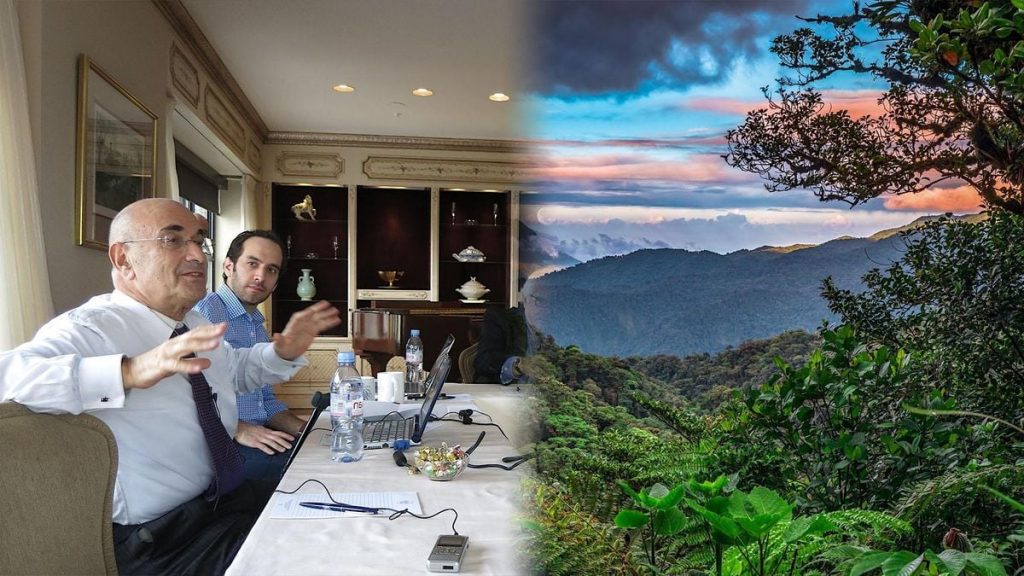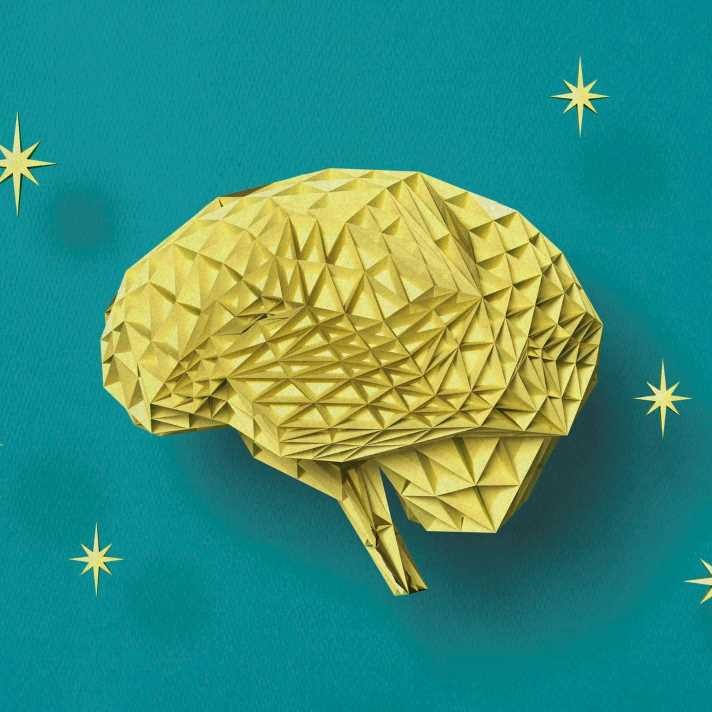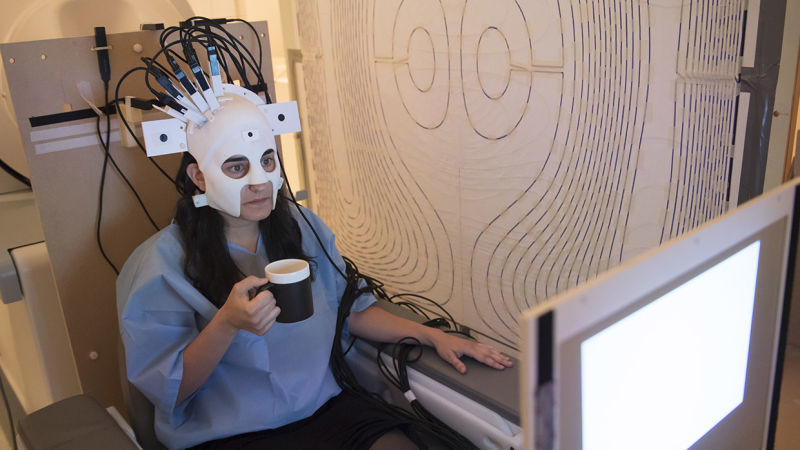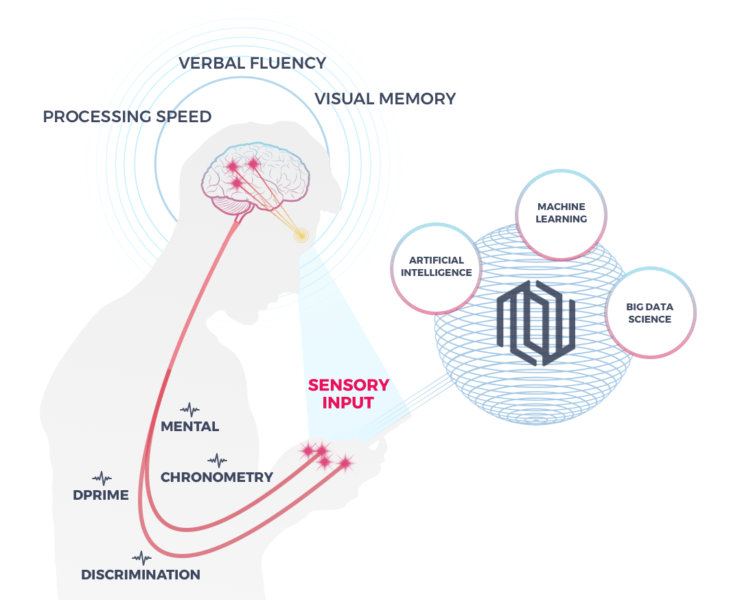Posts Tagged ‘brain disorders’
Executive Functions and Dysfunction in Brain Health and Brain Disorders: Dates announced for Dr. Elkhonon Goldberg’s Symposium in Costa Rica
We are pleased to announce a fantastic 5‑day professional development opportunity featuring our Advisor and renowned author and neuropsychologist Elkhonon Goldberg, Ph.D., ABPP., and titled “Executive Functions and Dysfunction in Brain Health and Brain Disorders. Frontal Lobes, Distributed Networks, and the Whole Brain.” The information presented will aid practitioners and researchers alike in advancing their knowledge…
Read MoreOn brain folding and fitting 86 billion neurons inside our 1400 cc crania
The human brain has been called the most complex object in the known universe. And with good reason: It has around 86 billion neurons and several hundred thousand miles of axon fibers connecting them. Unsurprisingly, the process of brain folding that results in the brain’s characteristic bumps and grooves is also highly complex. Despite decades of…
Read MoreBeacon Biosignals raises $27M to scale EEG, AI-based neurobiomarker discovery platform
Neurotech startup Beacon Biosignals scores $27M to bring AI to EEG analysis (MedCity News): Electroencephalography is a decades-old technique for capturing brain activity, data that are used to evaluate brain disorders. Beacon Biosignals is applying artificial intelligence to these tests, and the neurotechnology startup has found a ready market in pharmaceutical companies interested in assessing how…
Read MoreUW Medicine creates new Institute for Brain Health Solutions focused on cognitive aging, brain wellness and mental health
__________ $50 million gift is foundation for brain disorders research (UW press release): “UW Medicine is creating the Garvey Institute for Brain Health Solutions to develop effective new treatments for brain disorders, such as depression, post-traumatic stress disorder, addiction and Alzheimer’s disease. The foundational $50 million gift to establish the institute was made by local…
Read MoreWhat will neurotechnology look like just one or two decades ahead?
___ Will it be about a new generation of portable brain scanners that can significantly lower the price of research, like the one being developed by researchers at the University of Nottingham and University College London in the UK? Or will it be about sophisticated neural interfaces, like the ones the US military is working on, to change the…
Read MoreMixed reactions on the development of digital biomarkers and growth of Mindstrong Health
___ (More on the positive side, at MIT Technology Review) The smartphone app that can tell you’re depressed before you know it yourself: “There are about 45 million people in the US alone with a mental illness, and those illnesses and their courses of treatment can vary tremendously. But there is something most of those people…
Read More




